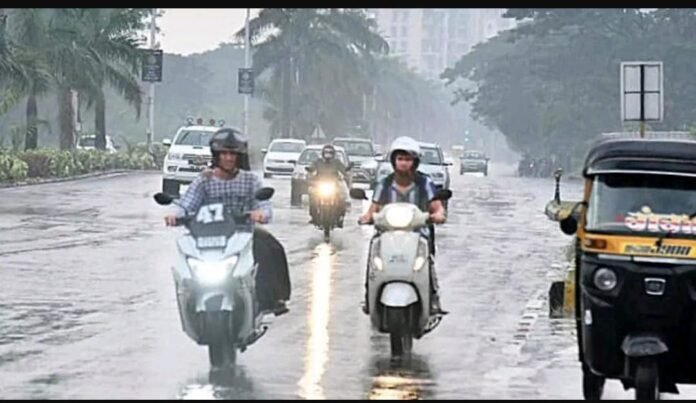In an unusual turn of events, Mumbai experienced its second-driest August in the past decade, according to the Indian Meteorological Department (IMD). The city, renowned for its monsoon deluges, has been relatively rain-deprived this August, leaving residents surprised by the uncharacteristically dry spell.
Throughout the month, Mumbai received significantly less rainfall than usual, with the IMD reporting that the city had recorded only a fraction of its average August rainfall. This meteorological anomaly has raised concerns about potential water shortages and has left agricultural communities anxious about crop irrigation.
The IMD forecasts that this dry spell is expected to persist for the next 10 days. While this prediction may offer some respite to residents who have faced frequent waterlogging and traffic disruptions during heavy monsoons, it also raises concerns about the city’s water supply. Authorities have urged citizens to conserve water and use it judiciously to mitigate the potential impact of the prolonged dry spell.
This surprising weather pattern is attributed to various atmospheric factors, including the absence of significant weather systems that typically bring heavy rains to Mumbai during August. As a result, the city’s water reservoirs have not received the usual replenishment, and the groundwater levels are also under stress.
Local farmers are particularly worried about the reduced rainfall as it affects their crop yields and livelihoods. Many of them rely heavily on the monsoon for irrigation, and the ongoing dry spell could lead to decreased agricultural productivity.
While Mumbai residents may welcome the break from incessant rains, it is essential to remain vigilant and conserve water resources during this period of unexpected weather patterns. The city’s administration, in collaboration with the IMD, continues to monitor the situation closely and provide updates to ensure the well-being of its residents.
Mumbai’s second-driest August in a decade has taken many by surprise, and the IMD’s forecast of prolonged rain scarcity for the next 10 days raises concerns about water shortages and agricultural challenges. As the city faces this unusual weather pattern, it is crucial for both authorities and residents to adopt water-saving measures and remain prepared for the evolving meteorological conditions.

